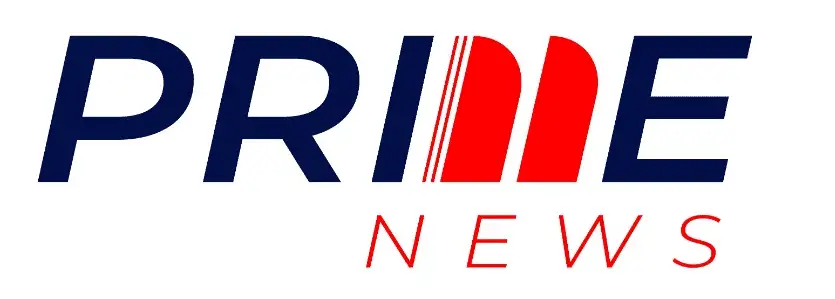Equity Bank is set to celebrate Women’s Month with a series of special events aimed at empowering and enabling women in small-scale businesses to achieve their full potential. In line with the International Women’s Day theme of ‘invest in women; Accelerate progress,’ Equity Bank is focusing on supporting women customers, particularly those in the micro-segment.
The events, dubbed ‘’Abakyala ku Ntiiko’’ features inspirational speakers, financial literacy training sessions and exhibitions showcasing products from women customers supported by the Bank. These events kicked off in Kampala on Wednesday at the UMA Exhibition Hall in Lugogo and continue to Fort Portal, Mbale, Gulu and Hoima.
Speaking at the launch of “Abakyala ku Ntiiko’’ on Wednesday, Elizabeth Mwerinde Kasedde, Executive Director of Equity Bank emphasized the importance of financial independence for women. She highlighted the challenges women face in managing finances due to multiple responsibilities and systemic barriers such as gender discrimination.
Equity Bank has developed tailored products like the Equi-mama suite to address these challenges, offering personalized financial planning, investment advice and insurance coverage. Additionally, the Bank provides free financial literacy training and access to unsecured financing, mentorship and networking opportunities for women.
The Equi-mama product also includes medical insurance specifically designed for women covering maternal health, long-term illness, permanent disability and life insurance.
“The Abakyala ku Ntiiko events aim to create a platform for women to learn about and access these products while celebrating women’s achievements in business and society. Equity Bank’s commitment to empowering women reflects its dedication to transforming lives, giving dignity and expanding opportunities for wealth creation,” said Mwerinde
“And one of our important target markets in achieving this is women. We all know the importance of financial independence for women. It not only gives them the confidence to make their own decisions, but it also allows them to support their families and communities. However, women face unique challenges when it comes to managing their finances. They often have to juggle multiple responsibilities, including their families, businesses, careers and personal lives. In addition, they may encounter systemic barriers such as gender discrimination in their various workstations or businesses, which can make it difficult to achieve financial stability,” said Elizabeth Mwerinde.
According to statistics from UBOS, nearly 40 percent of small and medium-sized enterprises are owned by women in Uganda. These businesses employ millions of people and support hundreds of households.
Equity Bank recognizes the important role women have to play in a community’s development and growth. To help women in small enterprises overcome the challenges face daily, it set up credit facilities in 2021 that now support 50,000 women and youth with free financial management training, networking opportunities, peer mentorship, insurance cover, and unsecured financing.
Laura Bahemuka, Head of Micro Segments at Equity Bank noted that although all the Bank’s products are available to all women, there are special products tailored for the welfare and economic independence of women.
Under the Equi- maama credit facility, women are encouraged to save as well as provided with financial support to grow their enterprises. Bahemuka explains that the bank uses the world-renowned notion that “women are the best savers and payers” to enroll and empower them financially as a way of transforming society.
“If you want to transform lives, you support the women. As a bank, we have some products for children, but when you touch the lives of women, the mother; you have impacted the children and those around her,” she said.
Bahemuka says free financial literacy training has become mandatory for the youth and women. Over 50,000 women have been trained in financial management. “We realized that it is not good to keep pumping our clients with money without taking them through basics such as saving, budgeting, loan management. Therefore, we participate in grooming each of them in the management of whatever business one invests in.”

